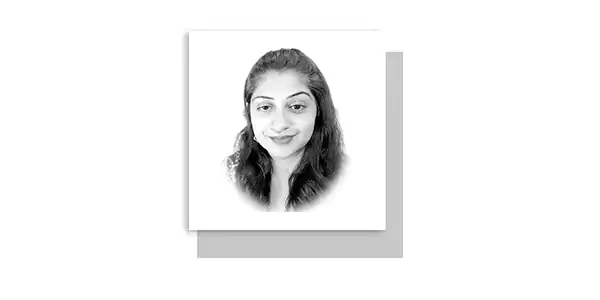IF someone had told me a decade ago that Mariah Carey would perform in Saudi Arabia, I’d have laughed it off as pure fantasy. And if they’d added that the world’s top fashion designer would host a show in Riyadh, with Jennifer Lopez, Halle Berry and Celine Dion sharing the same runway, I’d have questioned their sanity. Yet, here we are—and it wasn’t an overnight transformation either. Saudi Arabia has rapidly emerged as a global entertainment hub, attracting international artists, fashion shows and major concerts since Crown Prince Mohammed bin Salman lifted the ban on music events in 2017.
This seismic shift in the country’s entertainment sector is nothing short of transformative. What was once a deeply religious nation—home to Mecca and Medina, the two holiest cities in Islam—has begun to redefine its cultural identity. This cultural reawakening is a central pillar of the kingdom’s Vision 2030 initiative, which aims to diversify the economy, reduce reliance on oil, and enrich the lives of its citizens. But amid this dazzling wave of change, one question persists: Is this truly a welcoming transformation? Saudi Arabia’s embrace of international talent is seen by some as a sign of progress. Yet for many others, particularly those who regard the kingdom’s religious and cultural heritage as sacred, this cultural shift is not so easily embraced. The presence of global pop icons on Saudi stages raises uncomfortable questions: Does this new cultural landscape risk disrespecting the sanctity of the land that is home to Islam’s holiest sites? For some the answer is yes.
This tension came to the fore recently when news broke that Pakistani singer Atif Aslam had reportedly decided against performing in Saudi Arabia, citing respect for the sacredness of the holy land. His decision was widely lauded by fans and critics alike. Many hailed him as a visionary, a musician who places his faith above fame and an artist who understands the deeper spiritual significance of the land. But as quickly as the narrative of Atif’s ‘spiritual stand’ was built, it was just as swiftly deconstructed.
The singer himself swiftly responded to the speculation, calling the claims “ridiculous” and clarifying that he had no such reservations. In an official statement, Atif confirmed that he had performed in Riyadh in the past, which, in his words, was the best evidence of his stance on the matter. So, where does this leave us? The episode underscores a fundamental truth: when it comes to matters of faith and personal belief, no one can impose an answer. What Atif’s statement revealed is that faith, in its truest sense, is deeply personal.
The world is moving toward a future of global interconnectedness, where cultures collide, collaborate and coexist. As Saudi Arabia continues to host international artists and push boundaries in entertainment, one thing is clear: Music notes are beginning to hold more weight than spiritual resonance in defining the kingdom’s future. As for the question of faith versus culture, the world is likely to keep dancing to a new, more complex rhythm—one where personal belief and global trends are not always in harmony, but often intertwined.
—The writer is contributing columnist, based in Islamabad.










